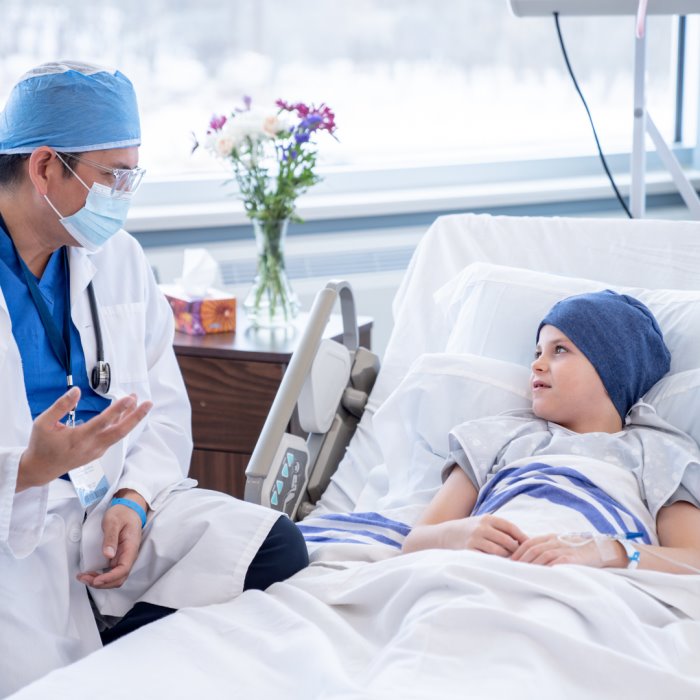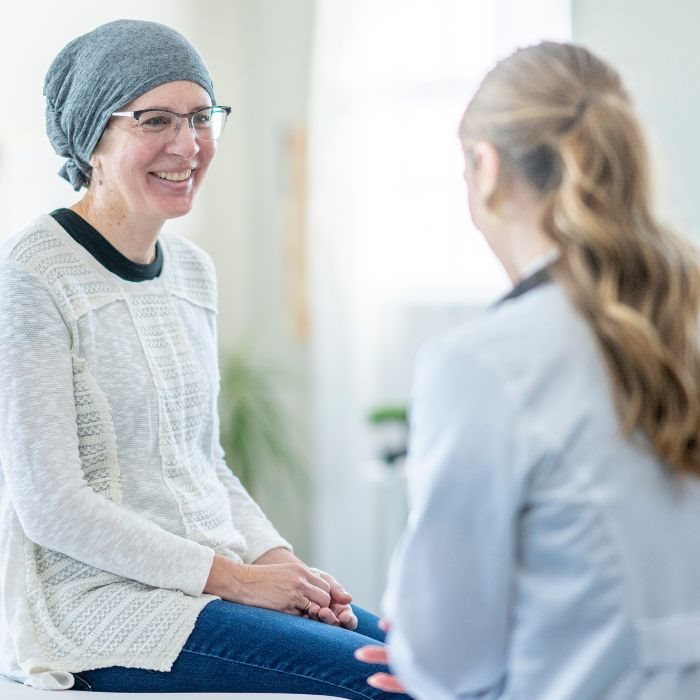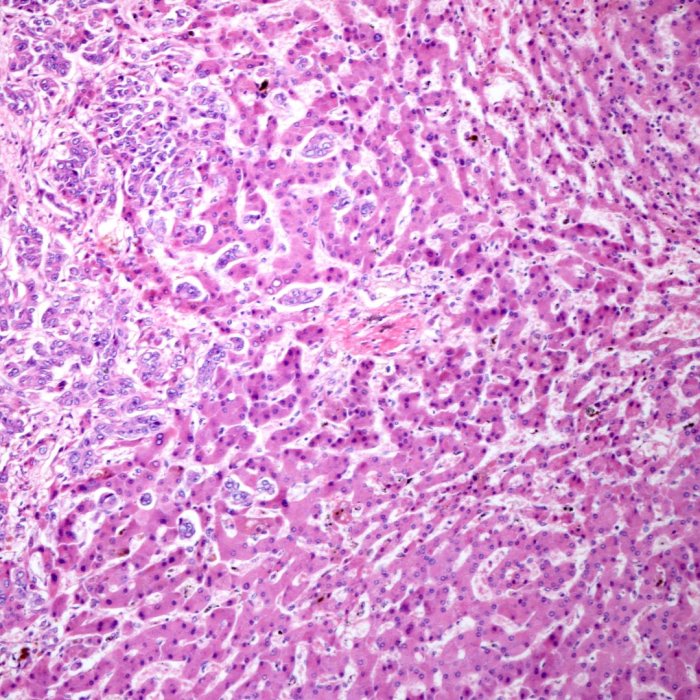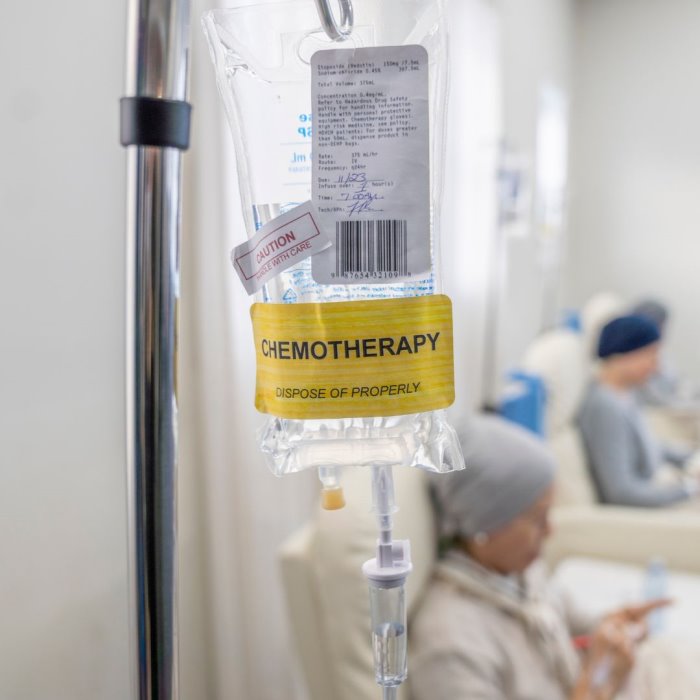Phone
+90 532 203 7931Understanding the Oncologist's Role
An oncologist is a medical expert responsible for the diagnosis and performing treatment procedures related to cancer. Oncologists form part of the patients' lives, starting from diagnosis to treatment and follow-up care of the condition. They hold a significant place in the formulation of treatment in accordance with the needs of the patients and provide quality care aimed at achieving desirable patient results.
They also specialize in and are skillful in the many facets: chemotherapy, radiation therapy, or even immunotherapy, and surgical intervention that are concerned with the treatment of cancer. The continuing education will enable the oncologists to know about the most recent scientific research and discoveries for the best treatment modalities for their patients.
Why You Need to See a Private Oncologist?
Benefits accruing from the choice of a private oncologist have implications for quality care and sum of experiences that the patients have: attention to each one, availability of better treatment, and varied support services, which are relatively unavailable in the public health facilities.
The volumes of patients are small in number as compared to government facilities; hence, the private oncologists can be more individualistic and spontaneous in service provision. Small case volumes mean it takes lesser time to secure appointments with more professionally detailed consultation periods, which is of the essence regarding timely diagnosis and treatment.
Personalized and direct attention
After all, it simply means that private oncologists have far fewer patients in comparison to the public sector, hence affording better and quicker attention. For one thing, there is less hours wasted in the waiting room and lengthier consultations.
Individualized Treatment Plans
With more time to devote to each case, the private oncologists are certainly better placed to devise highly personalized treatment plans. They take into consideration a patient's overall medial history, his lifestyle, and personal preference to come up with a treatment strategy that is most appropriate under the prevailing circumstances.
Improved relationship between patient and physician
The establishment of a much better relationship between the patient and the doctor is established with more frequency and duration of consultation. Most times, the patients are at ease raising their concerns and preferences; hence, communication is much better, and a much better level of trust is established.
Availabilities of the latest treatments, state-of-the-art technologies
Most private oncologists update themselves with the state of the art treatments and newer technologies, state-of-the-art diagnostic facilities, new modalities for treatment, and even clinical trials.
Today's large private oncology practices have played a significant role in raising the level of the patient experience and afford the best access to care. In these settings, amenities that support comprehensive cancer care-from diagnosis through treatment and beyond, in follow-up-are available.
State-of-the-art Infrastructure
Many of them have state-of-the-art facility set-ups that allow for comfortable surroundings for the best possible care and, all in all, a better experience for the patients.
Participation in Clinical Trials
As such, patients being treated by a private oncologist could very well be even better positioned to participate in-and thus have greater access to-clinical trials, opening them up to new emerging treatments otherwise unavailable.
Full Service Supports
Most private oncology practices have support services that would see the patients and their families through this trying period of cancer treatment, including nutritional counseling, physical therapy, and even financial planning to zero in on all that raises the quality of a patient's life.
The treatment is sometimes psychologically and emotionally sapping. Most the private oncology practices nowadays offer various ancillary services like counseling, support groups, and mind-body therapies to enable their patients to cope with their respective stressors and remain psychologically healthy. As a matter of fact, these associated multidisciplinary health services have also become an integral part of modern disease treatment and recovery processes.
Multidisciplinary Care Teams
Most private oncologists have come together into one comprehensive multi-disciplinary team of surgeons, radiologists, pathologists, and supportive care specialists who ensure that the care provided is totally integrated and comprehensive.
Emotional and Psychological Support Management of cancer can be very psychologically and emotionally demeaning. Most private oncology practices are in a position to facilitate access to counseling, support groups, and even mind-body therapies that enable the patient to deal with stress and cope with the mental burden brought on by his/her condition.
Ease of Scheduling and Greater Convenience
With that in mind, private oncologists can fit in flexible scheduling options in these busy lives and, therefore, make the experience much less stressful to adhere to. Improvement in coordination involves the provision of care in a timely and organized way, hence improving one's experience of the treatment.
The burden on the patient, who many times cannot travel very far to these appointments, can be lessened by many of the home care and telemedicine services that can be made available through private oncology practices. This will enable the option to be more easily afforded to patients being treated at home, assured that they are obtaining top-notch care as they go through treatment and recovery.
Better Care Coordination
It is important to note that private oncologists usually compile all the dates that mean so much to their patients, from appointments right down to follow-up visits, in order to send care right on time and nicely organized.
Home Care and Telemedicine Options
Most of the private oncology practices brag about their house care services and options of telemedicine, adding in convenience for those patients who find it very difficult to travel to see the doctor.
How to Find a Suitable Private Oncologist
Of the important decisions one may make that may impact the quality of care and experience is making sure of the right choice of a private oncologist. One needs to do some research and seek some referrals. When choosing the best oncologist, put into consideration his qualifications, board certification, professional affiliation, and treatment experience in handling a certain type of cancer.
Reading through patients' reviews and testimonials will also give one a feel for the oncologist's bedside manners, communication skills, and general level of patient satisfaction. Such reviews might indicate the type of care a patient may receive and would ensure that the right type of oncologist was chosen according to specific needs.
Make an Appointment
Once you have narrowed your list down to just a few names, make appointments with each of the oncologists. This will be a good time to ask questions of them, discuss your diagnosis and treatment options as well as get a feel for how much you like the oncologist.
Assess Comfort Level And Communication.
You should feel at ease with the oncologist and also have the conviction that he or she will look after you well. Consider his/her communication style, how he/she answers questions, and the way he/she explains in a manner that makes sense to you.
You are assured of several benefits accruing your way once you decide to opt for a private oncologist: from personalized care, advanced treatments, and all-round support, among others. Indeed, this kind of serious research will definitely be coupled with careful evaluation that is supposed to bring the right oncologist to your path who can confidently guide and support you through your journey in cancer treatment.










